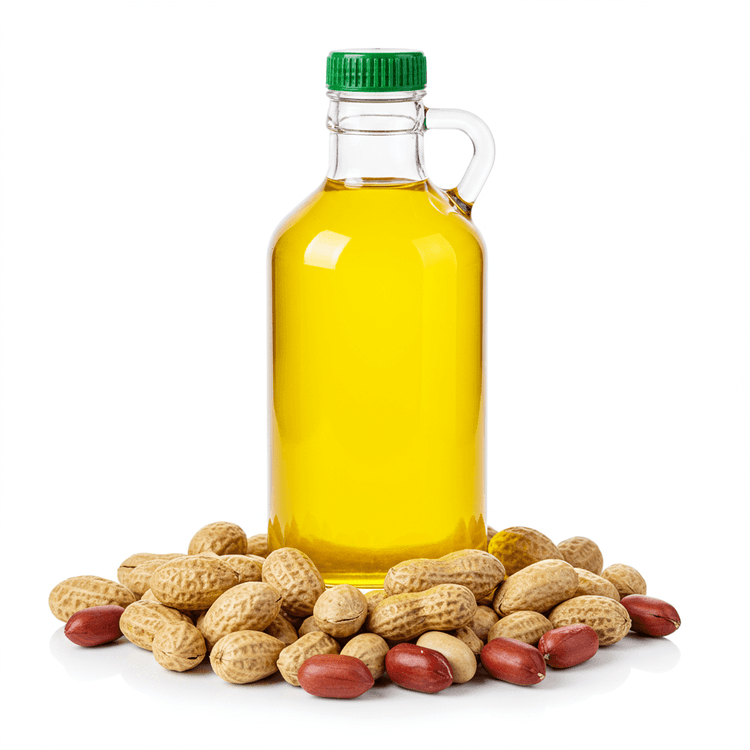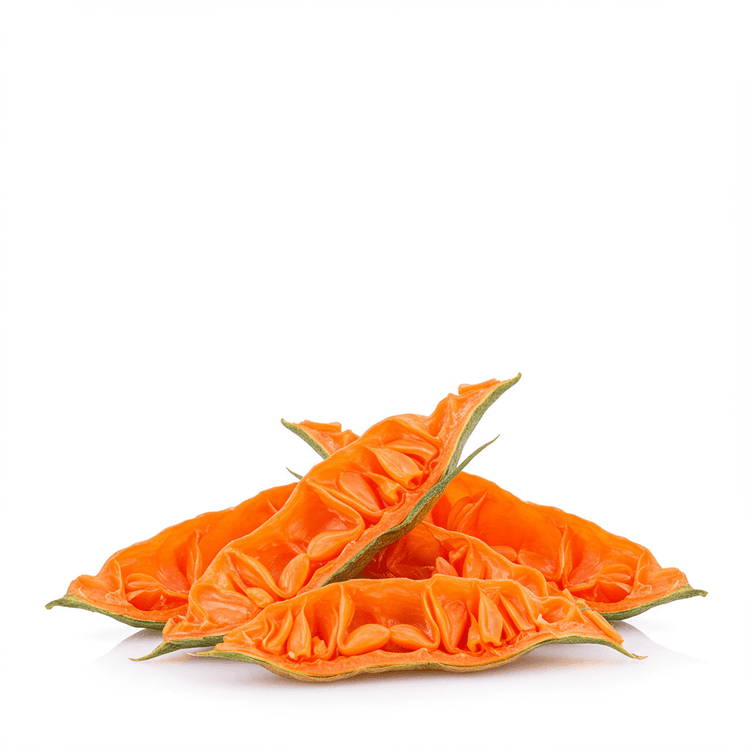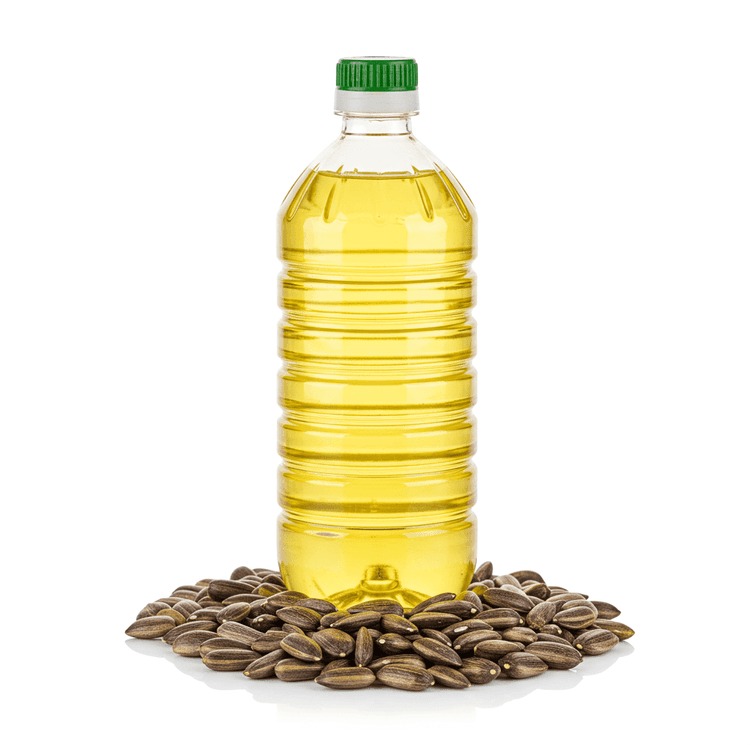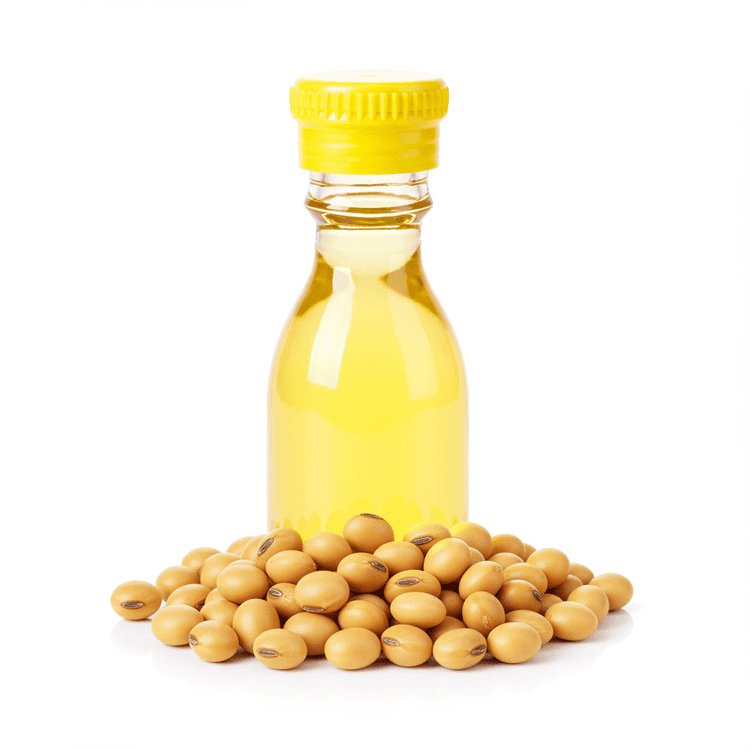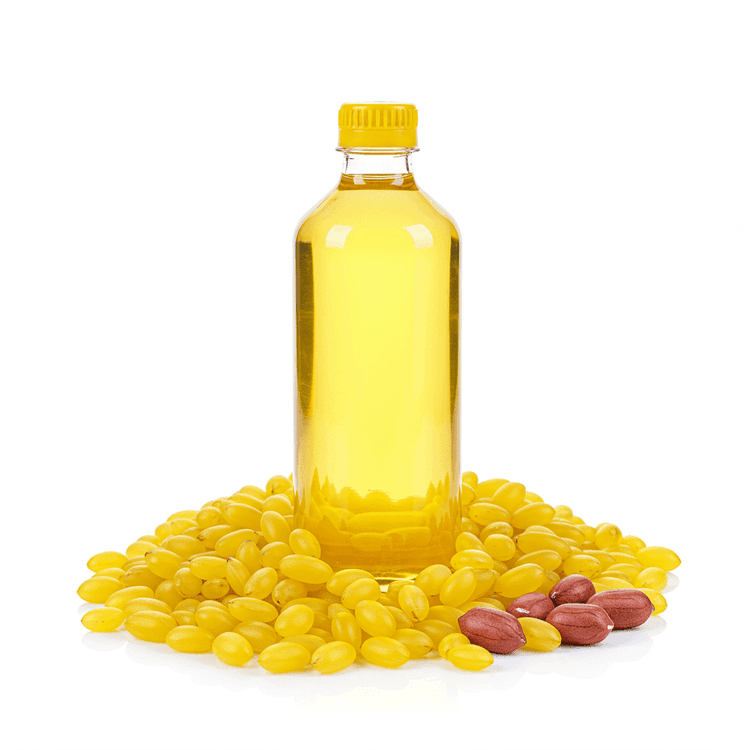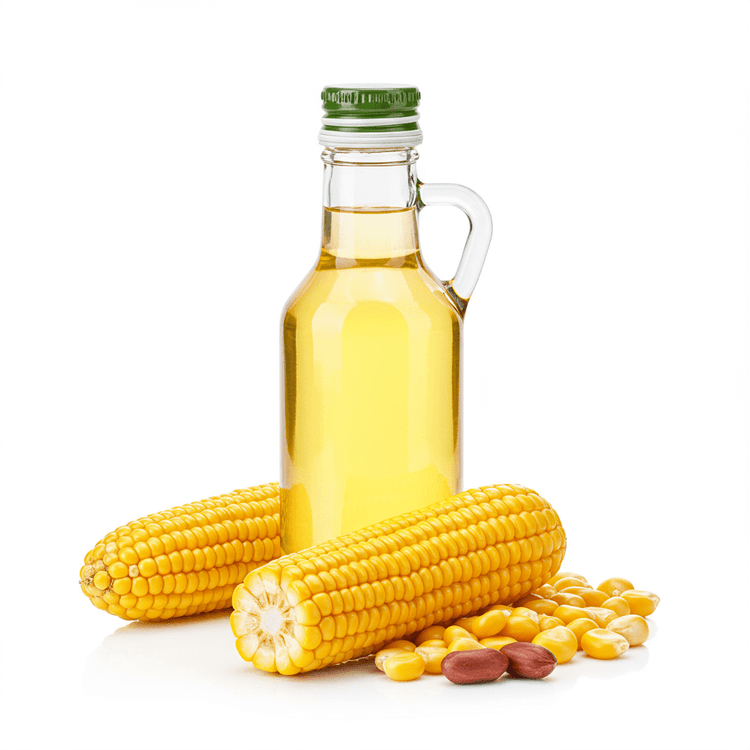
Corn Oil
Corn oil is a versatile and readily available vegetable oil extracted from the germ of the corn kernel. It boasts a mild, neutral flavor and light, golden-yellow color. Refined corn oil is primarily used for cooking, offering a high smoke point that makes it suitable for frying, sauteing, and baking. Its smooth texture and relatively low cost contribute to its popularity in both home kitchens and the food industry. When looking for an affordable and neutral-tasting cooking oil, corn oil is a reliable option. It is also found in some processed foods.
Common Uses
- Corn oil is excellent for deep frying because of its high smoke point. Use it to fry foods like french fries, chicken, and doughnuts without imparting any unwanted flavors.
- It makes a good choice for sautéing vegetables and searing meats. Corn oil's neutral taste doesn't interfere with the other ingredients in your dish.
- Use corn oil in baking recipes such as cakes and muffins, where its neutral flavor helps keep the focus on other ingredients and adds moisture.
- Corn oil can be used as a base for salad dressings and marinades, especially when you want a mild flavor that lets the other ingredients shine through.
- Since it is relatively inexpensive, corn oil is sometimes used commercially in large-scale food production to make things like margarine and mayonnaise.
Nutrition (per serving)
Nutrition (per serving)
Calories
884.0kcal (44.2%)
Protein
0.0g
Carbs
0.0g
Sugars
0.0g
Healthy Fat
82.0g
Unhealthy Fat
13.0g
% Daily Value based on a 2000 calorie diet
Nutrition (per serving)
Calories
884.0kcal (44.2%)
Protein
0.0g
Carbs
0.0g
Sugars
0.0g
Healthy Fat
82.0g
Unhealthy Fat
13.0g
% Daily Value based on a 2000 calorie diet
Health Benefits
- Rich in Vitamin E, an antioxidant that supports skin health and immune function.
- Contains polyunsaturated fatty acids, including omega-6 fatty acids, contributing to overall wellness when consumed in moderation.
- May help lower LDL (bad) cholesterol levels when used in place of saturated fats, supporting heart health.
- Provides a source of linoleic acid, an essential fatty acid that the body cannot produce on its own.
- Can contribute to energy levels due to its fat content, which is important for various bodily functions.
Chefadora AI is here.
Experience smarter, stress-free cooking.
Storage Tips
Corn oil should be stored in a cool, dark place away from direct sunlight and heat sources to prevent it from becoming rancid. An unopened bottle can be kept at room temperature. Once opened, it's best to store it in the refrigerator to extend its shelf life and maintain its quality. Ensure the bottle is tightly sealed after each use to minimize exposure to air.
Marnirni-apinthi Building, Lot Fourteen,
North Terrace, Adelaide, South Australia, 5000
Australia
